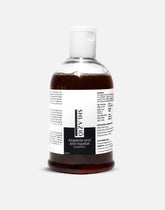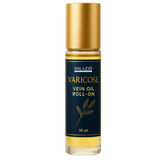Our skin is often referred to as the body's largest organ, and it serves as a canvas that reflects our experiences, health, and emotions. Here’s how your skin tells your unique story:

1. Health Indicators
Complexion Changes: Variations in skin tone can indicate health issues. For example, a pale complexion may suggest anaemia, while a yellow tint could signal liver problems.
Breakouts and Rashes: Acne or rashes can be linked to stress, hormonal changes, or allergies, revealing insights into your lifestyle and emotional state.
2. Aging Process
Wrinkles and Fine Lines: These are natural signs of aging, reflecting the years of laughter, worry, and life experiences.
Sun Damage: Dark spots or leathery texture can indicate past sun exposure, reminding us of the importance of sun protection.
3. Cultural and Personal Identity
Tattoos and Scars: These can be powerful symbols of personal stories, cultural heritage, or significant life events.
Skin Colour and Texture: Our skin colour is a part of our identity, influenced by genetics and environment, contributing to the rich tapestry of human diversity.
4. Emotional Reflections
Stress and Anxiety: Conditions like eczema or psoriasis can flare up during stressful times, showcasing the connection between our mental health and skin condition.
Happiness and Wellness: A healthy glow often reflects a balanced lifestyle, including proper nutrition, hydration, and emotional well-being.
5. Lifestyle Choices
Dietary Impact: What we eat can significantly affect our skin. A diet rich in fruits, vegetables, and healthy fats often results in clearer skin.
Skincare Routine: The products we choose to use (or not use) tell a lot about our self-care habits and priorities.
Your skin is more than just a protective barrier; it is a narrative woven from your life experiences, health status, cultural background, and emotional well-being.







